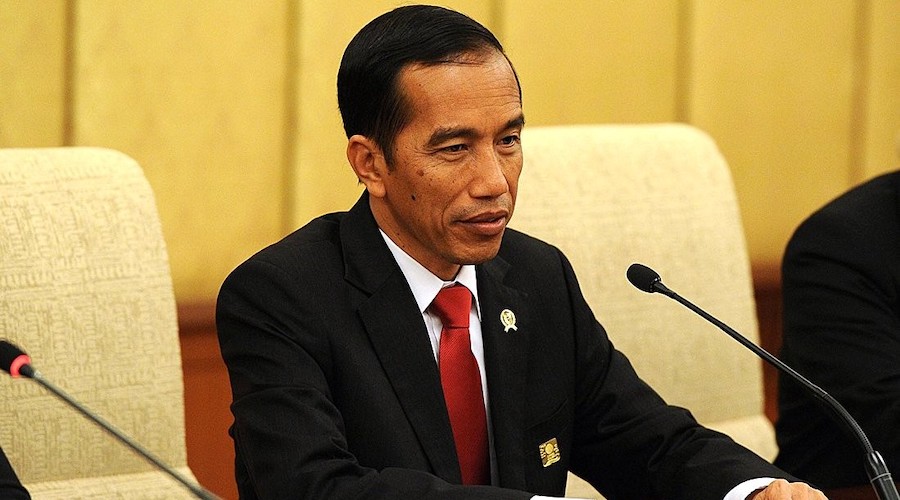Indonesia to name new energy minister in latest cabinet shuffle

Indonesian President Joko Widodo replaced the country’s energy and investment chiefs in a wider cabinet reshuffle just weeks before he’s due to step down, in a bid to ensure his policies remain priorities for the incoming administration of Prabowo Subianto.
Jokowi, as the president is known, named key ally Bahlil Lahadalia as Minister of Energy and Mineral Resources, replacing him as investment minister with Prabowo’s campaign chief Rosan Perkasa Roeslani, according to an inauguration ceremony on Monday.
The president’s fourth cabinet reshuffle in the past 12 months follows speculation he would act to entrench policies like the processing of Indonesia’s critical minerals onshore and the construction of a new capital city. Jokowi picked officials from coalition parties backing Prabowo, showing he’s trying to maintain policy continuity when the next administration takes over in October.
Roeslani is well-connected to both the current and incoming presidents, while new Law Minister Supratman Andi Agtas is former chairman of parliament’s legislation committee and part of Prabowo’s party Gerindra. Last month, Jokowi also named the president-elect’s nephew as a deputy finance minister.
“For Jokowi, this is the time to vet his loyalists in the cabinet, part of the consolidation of power so that there is continuity with the new government,” said D. Nicky Fahrizal, political analyst at the Jakarta-based Center for Strategic and International Studies.
Lahadalia, who as investment minister revoked a large number of mining permits deemed inactive, will succeed Arifin Tasrif as energy and mineral resources chief. Prabowo, a former military general, has promised to continue current mining policies, without giving details.
Under Jokowi, Tasrif’s ministry banned the export of certain raw commodities in order to force investors to build processing facilities in the country. The move helped attract billions of dollars worth of investment into nickel smelters — largely from Chinese firms — but proved less successful for other minerals like bauxite.
Lahadalia told reporters on Monday he was tasked by the president to optimize Indonesia’s natural resource potential and production to raise state revenue and create jobs. He added that whether he stays on after October will be Prabowo’s prerogative.
Meanwhile, Dadan Hindayana, a professor, was appointed to head the newly established national nutrition agency that aims to improve health outcomes among children and pregnant mothers. It will also likely be tasked with implementing Prabowo’s big-ticket campaign pledge of providing free nutritious meals for school kids.
Jokowi has sought to ease investor concerns over the feeding program that could cost as much as 450 trillion rupiah ($29 billion) annually when it’s fully rolled out. The government allocated just 71 trillion rupiah for the program next year, when it’s estimated to add 0.1 percentage point to economic growth. The outgoing leader also set a modest budget deficit target for 2025 to keep spending in check.
Well-respected Finance Minister Sri Mulyani Indrawati will stay in her post, though she was reportedly considering resigning earlier this year.
“Jokowi is flexing his muscles as an outgoing president,” said Achmad Sukarsono, a Singapore-based associate director at Control Risks, with a focus on Indonesia. “He wants to show he still has considerable influence at the end of his term.”
(By Chandra Asmara and Norman Harsono)
{{ commodity.name }}
{{ post.title }}
{{ post.date }}




Comments